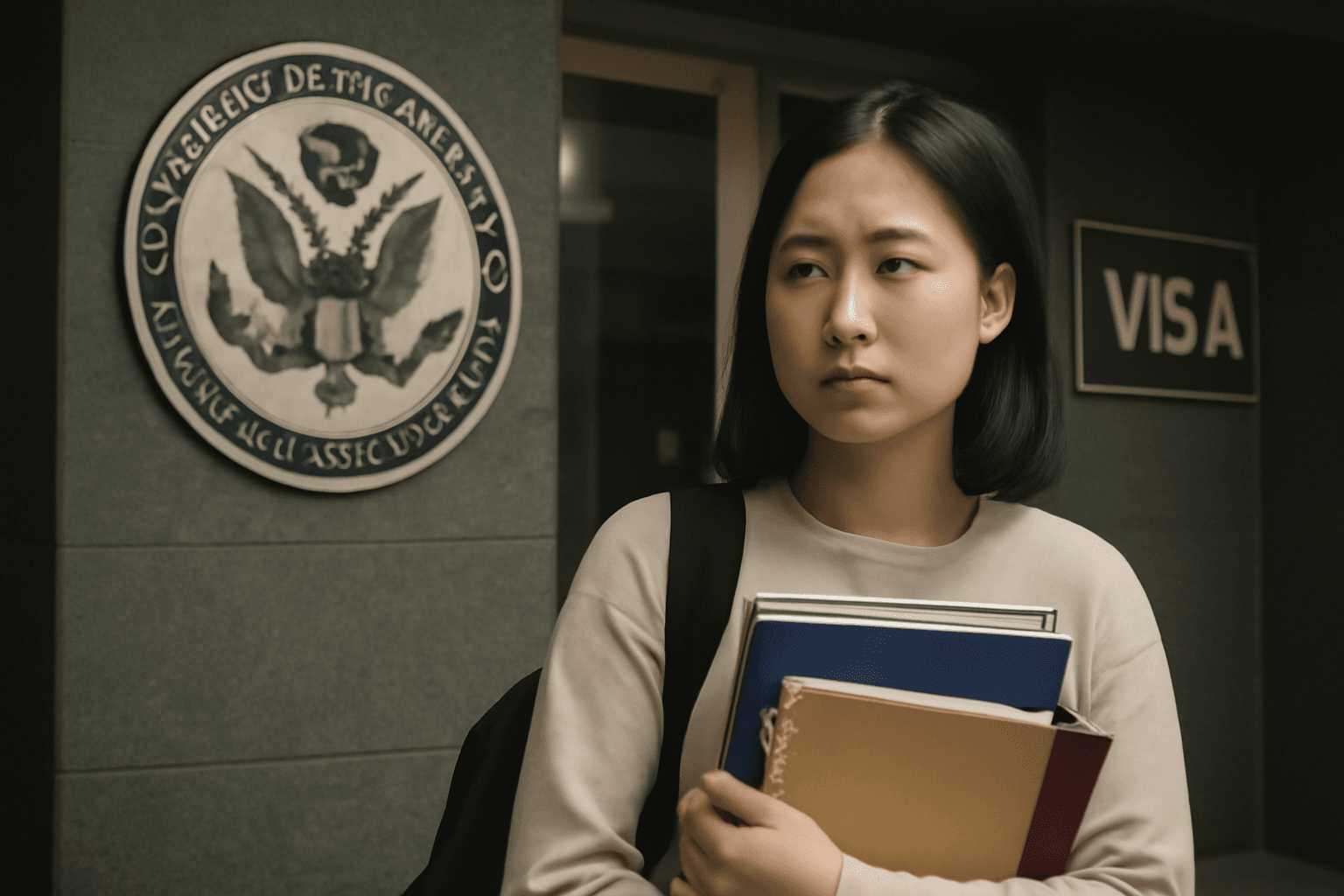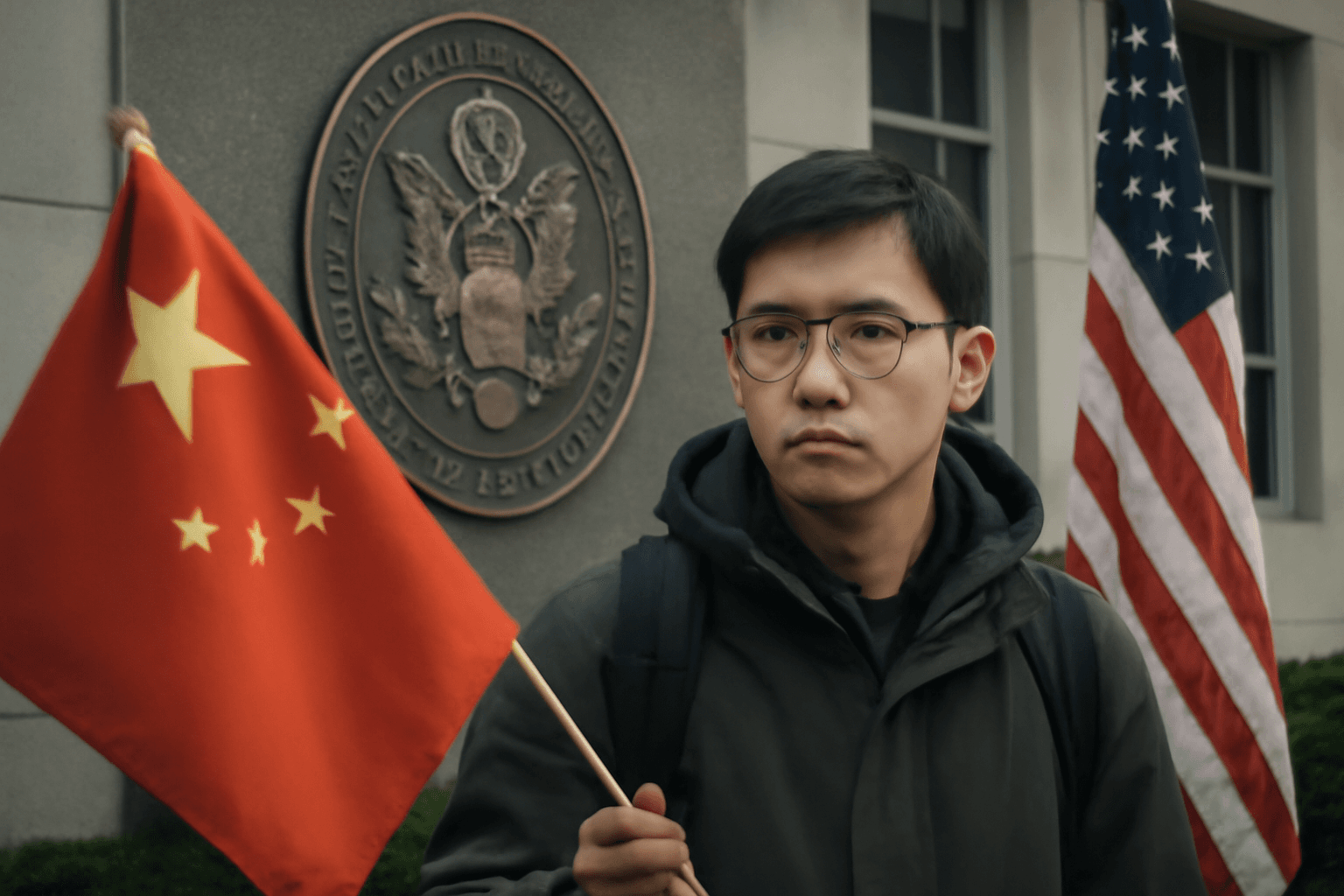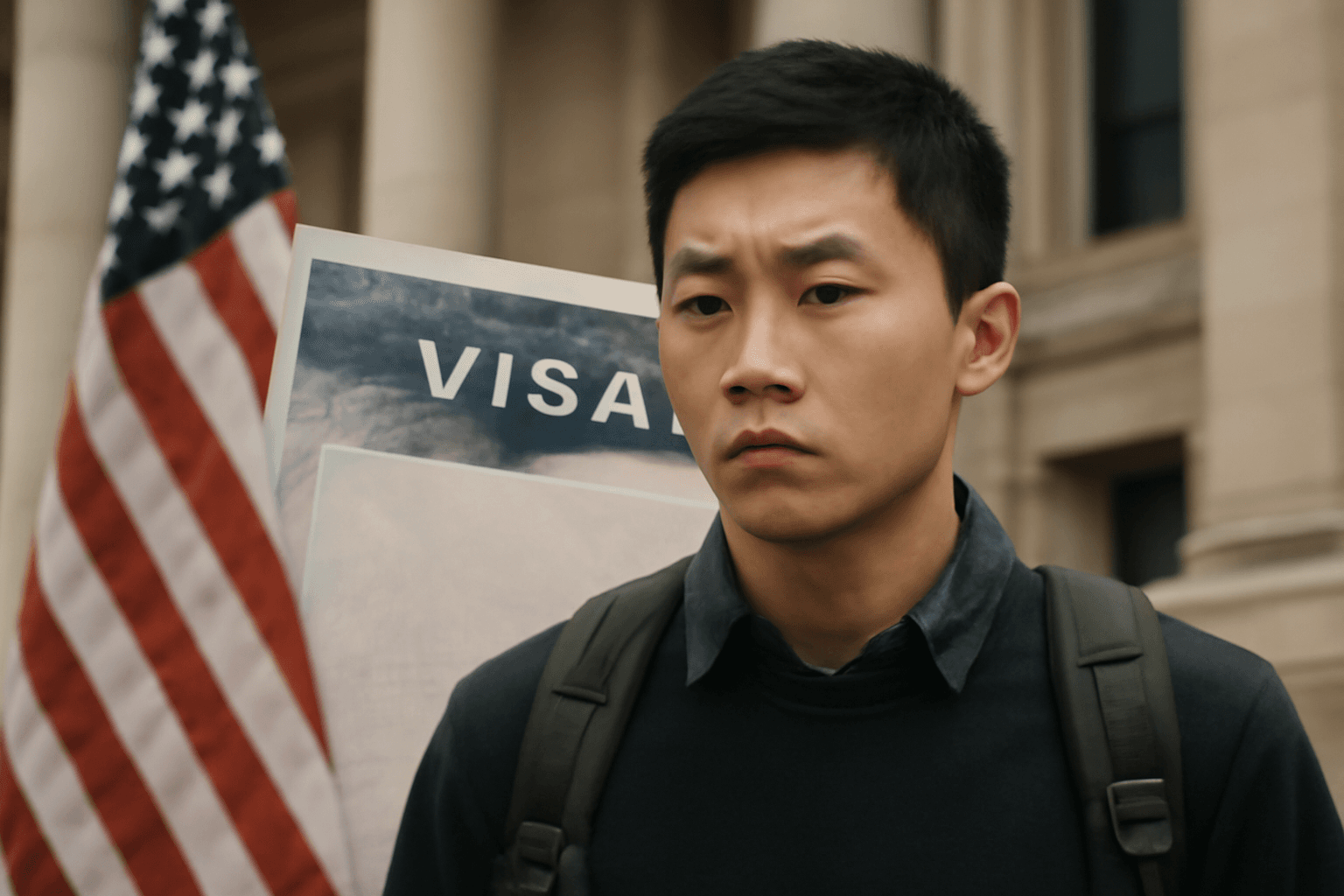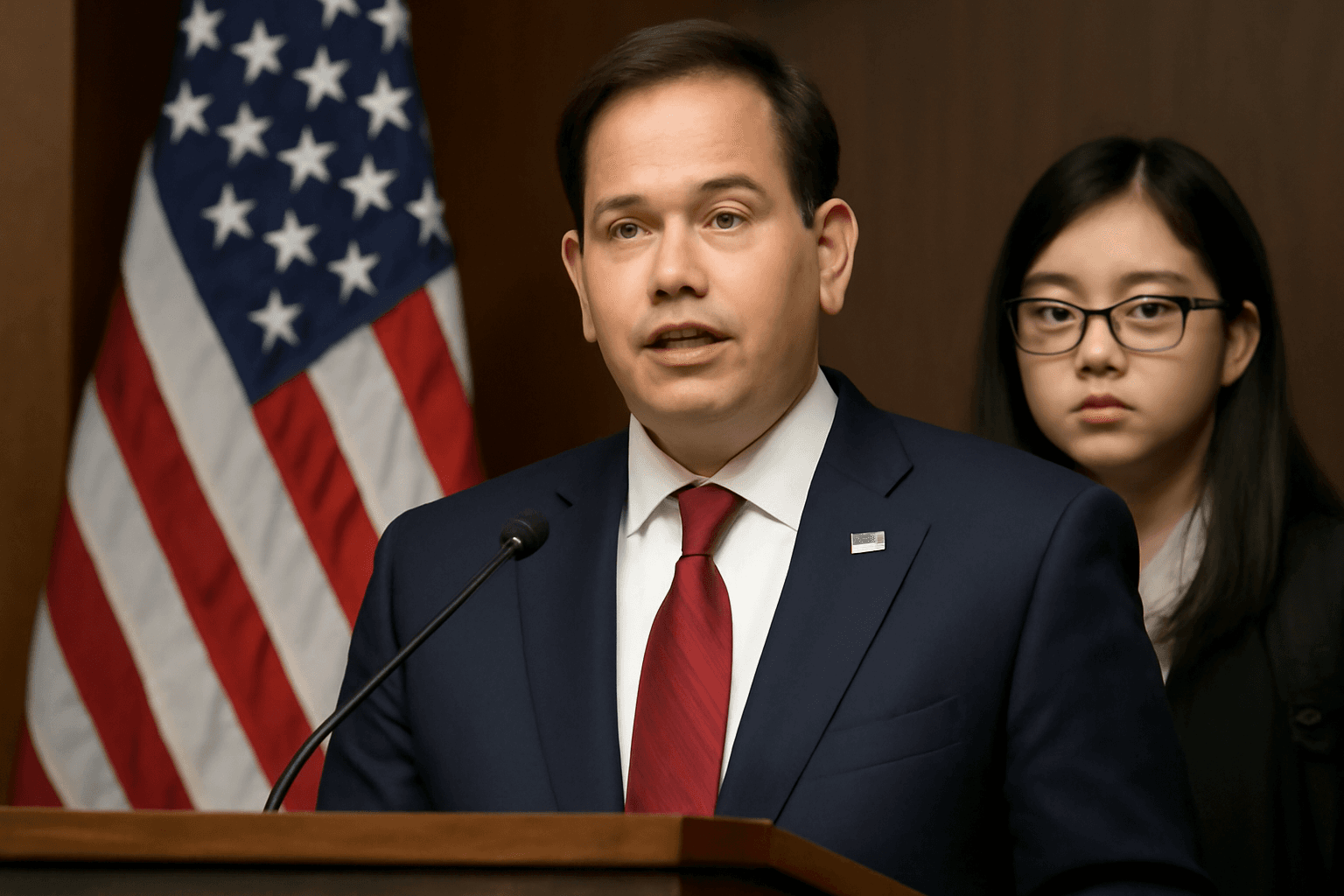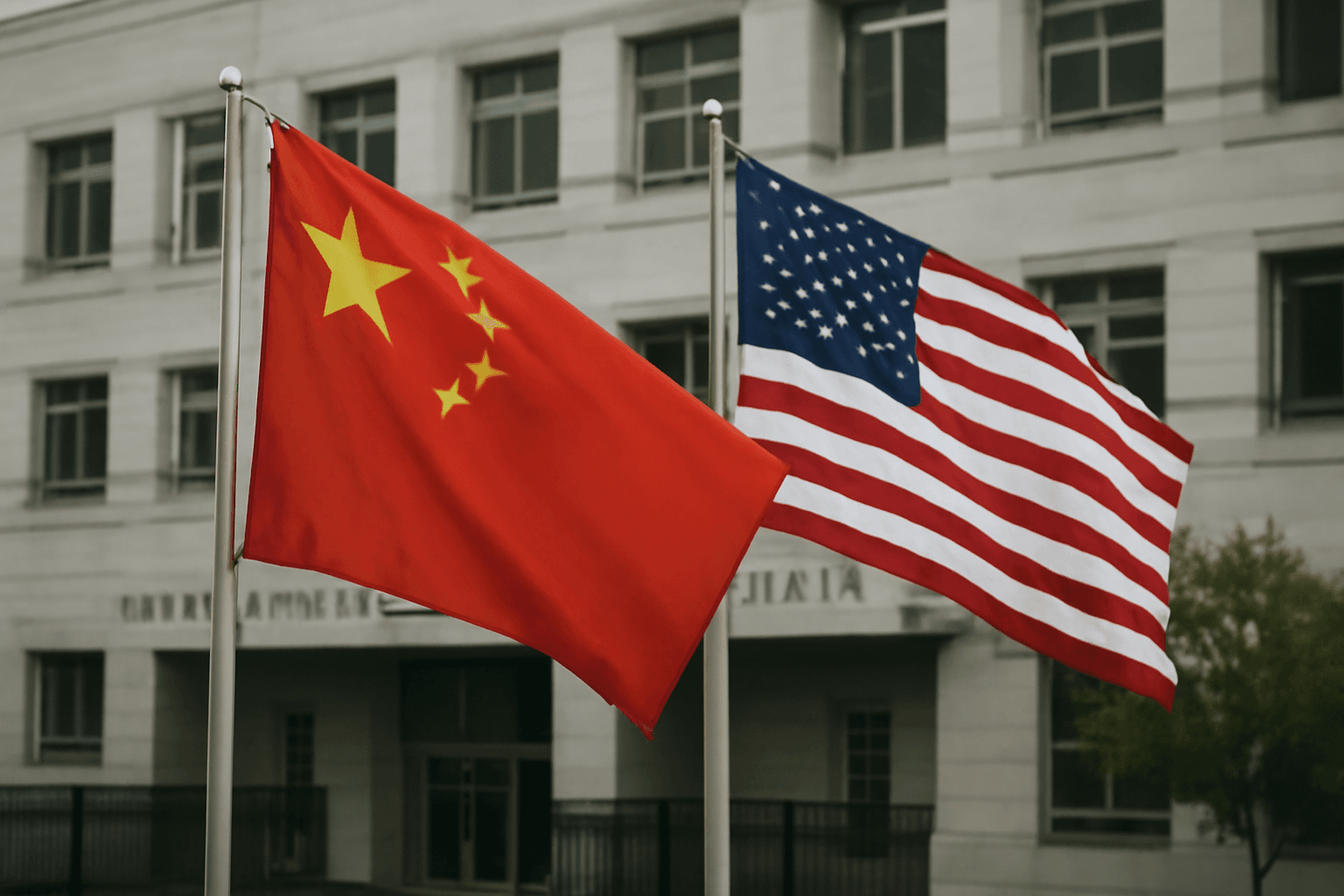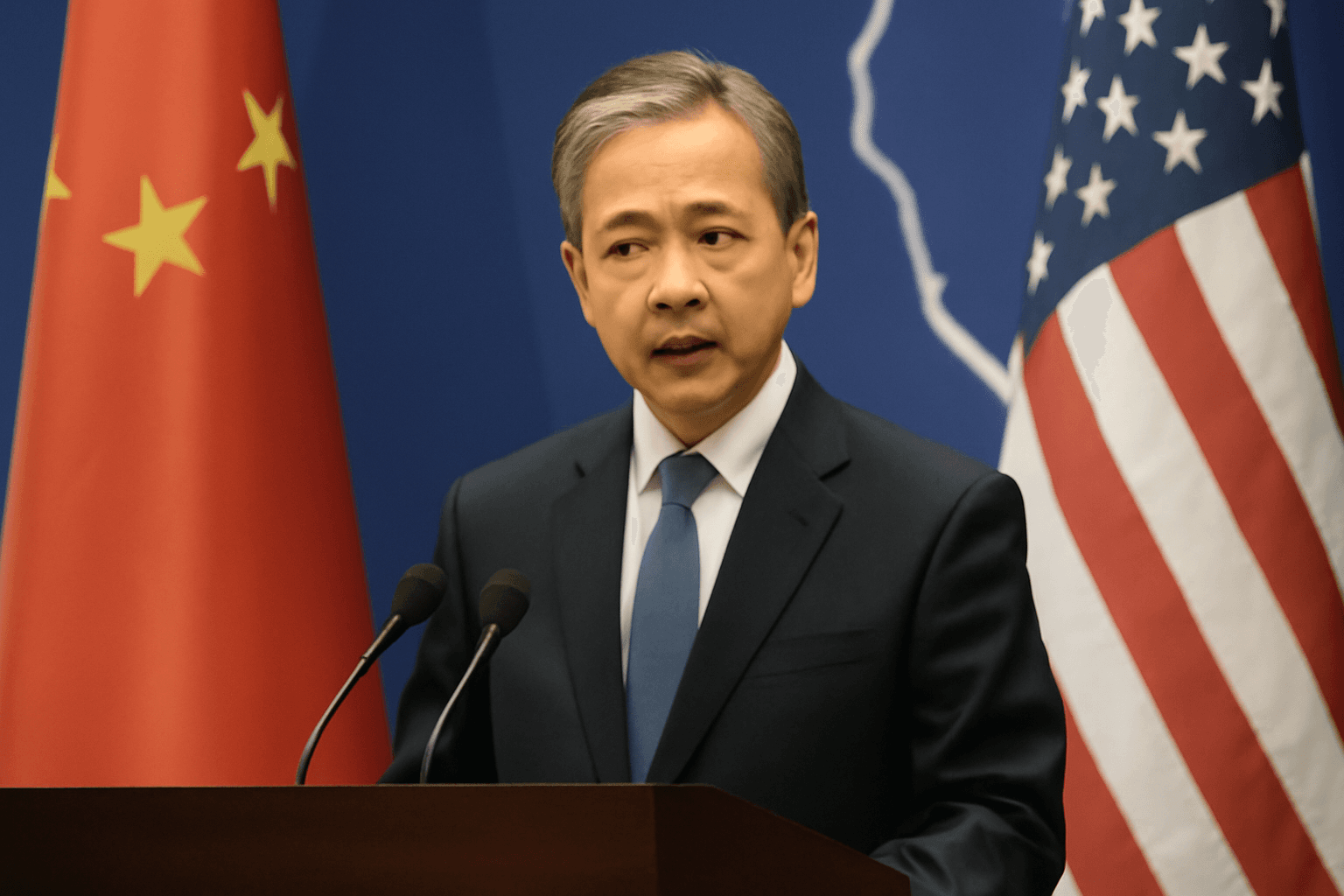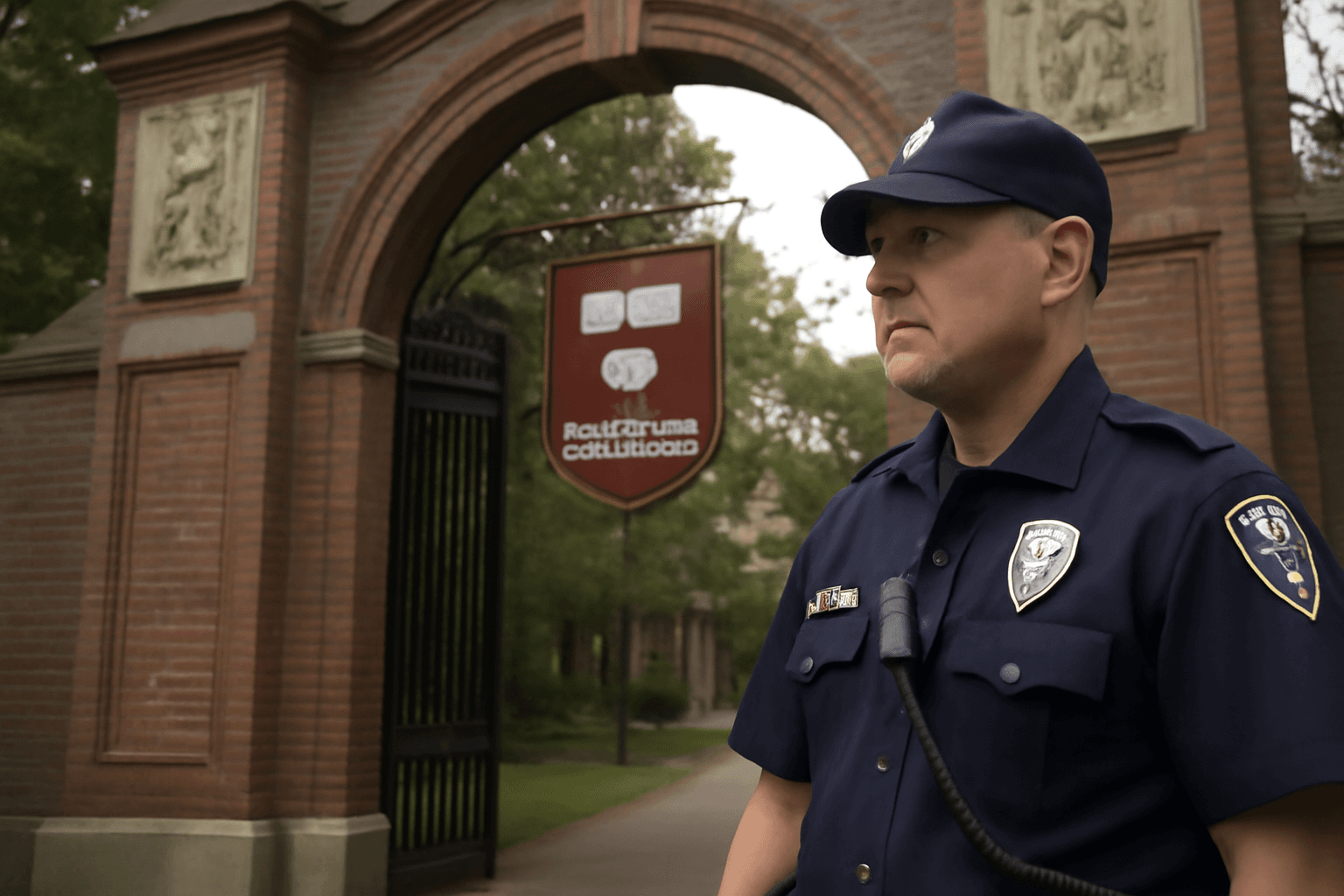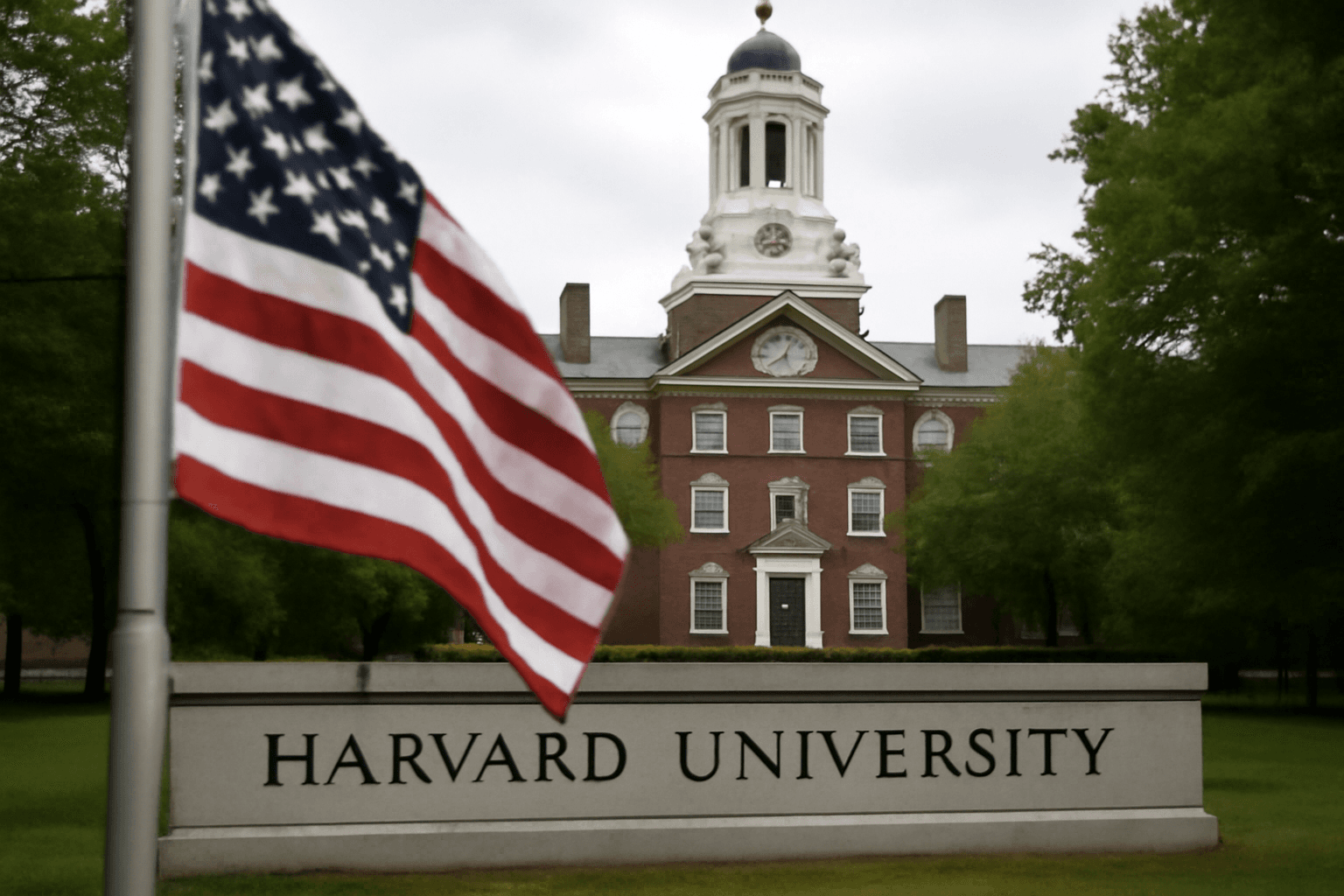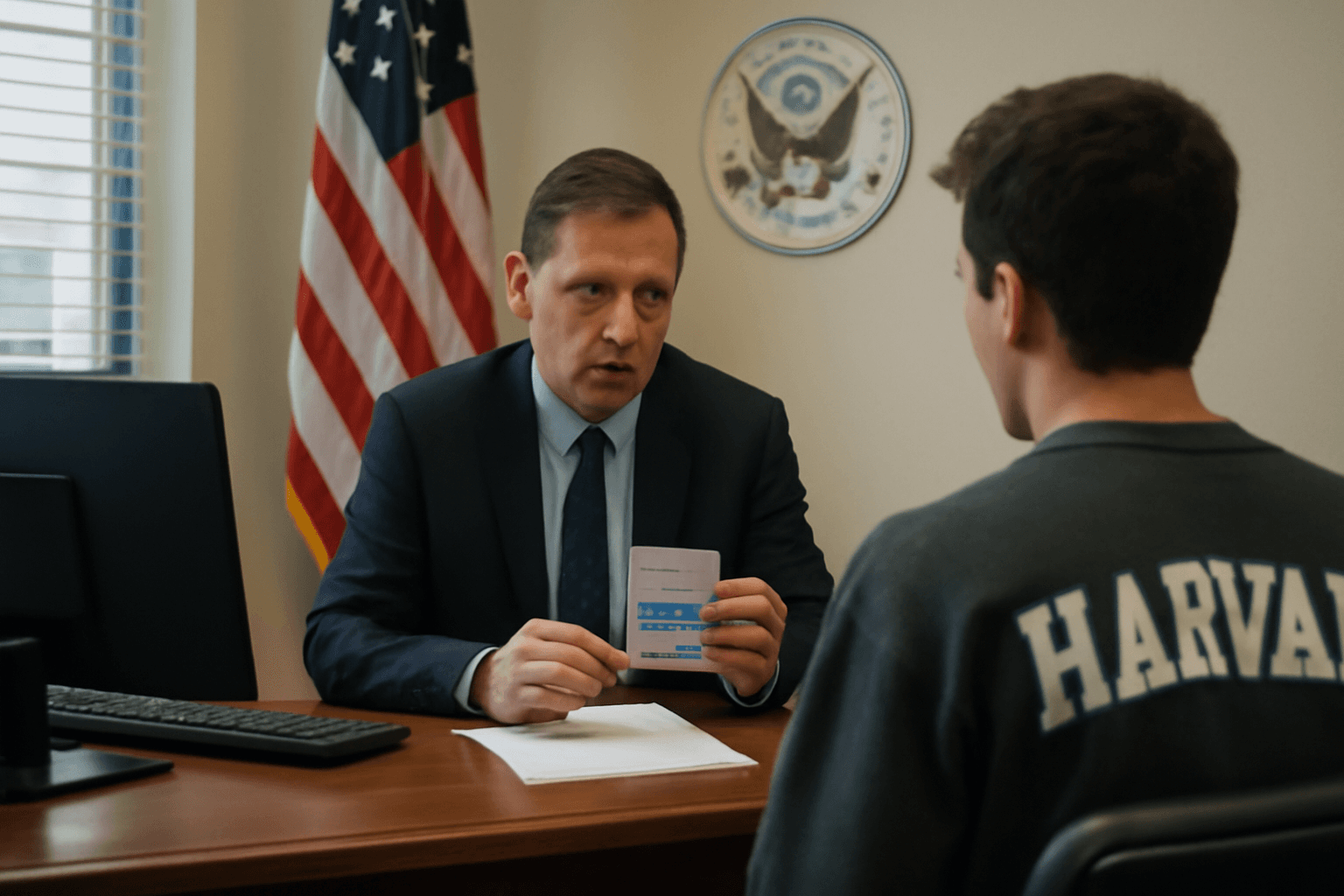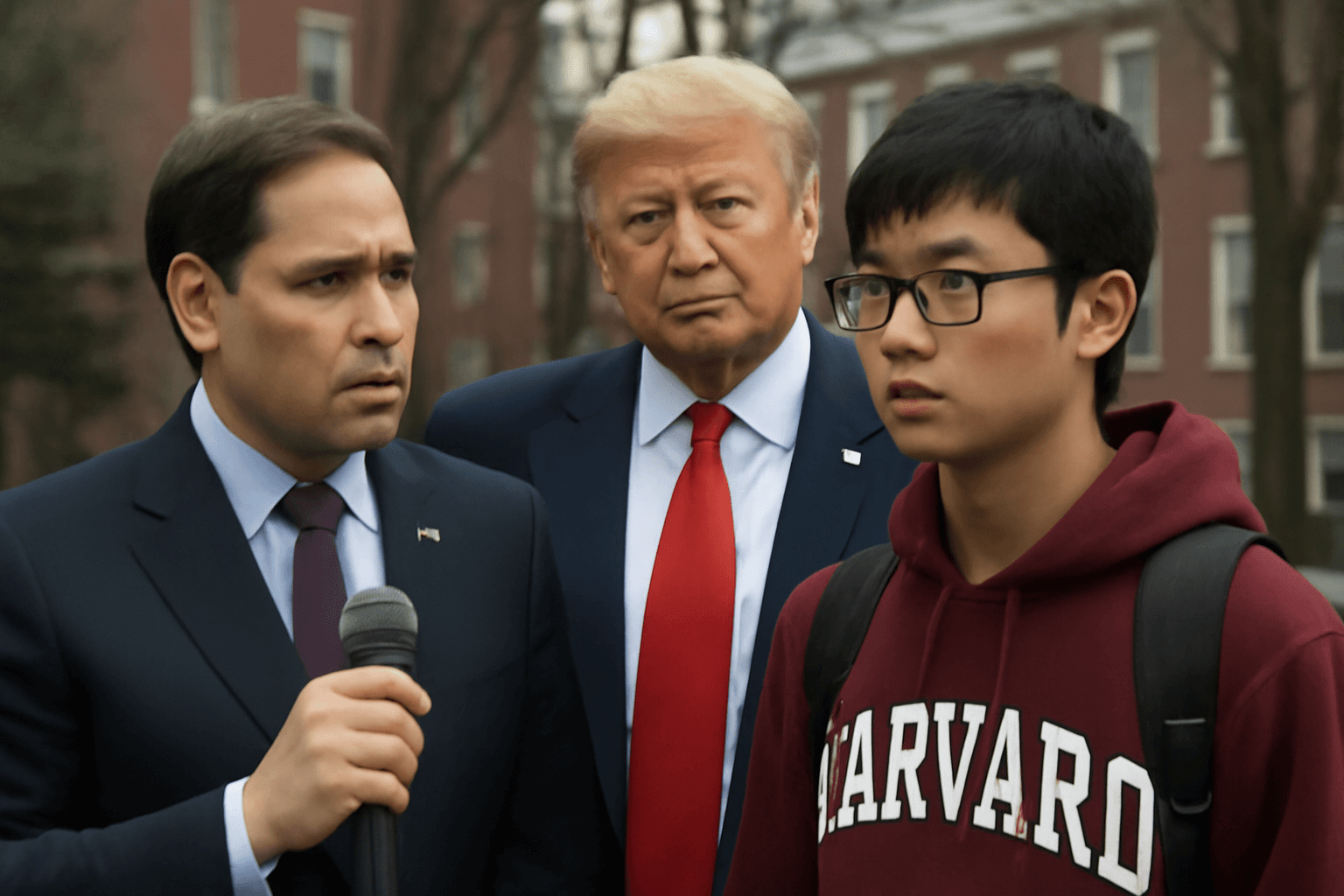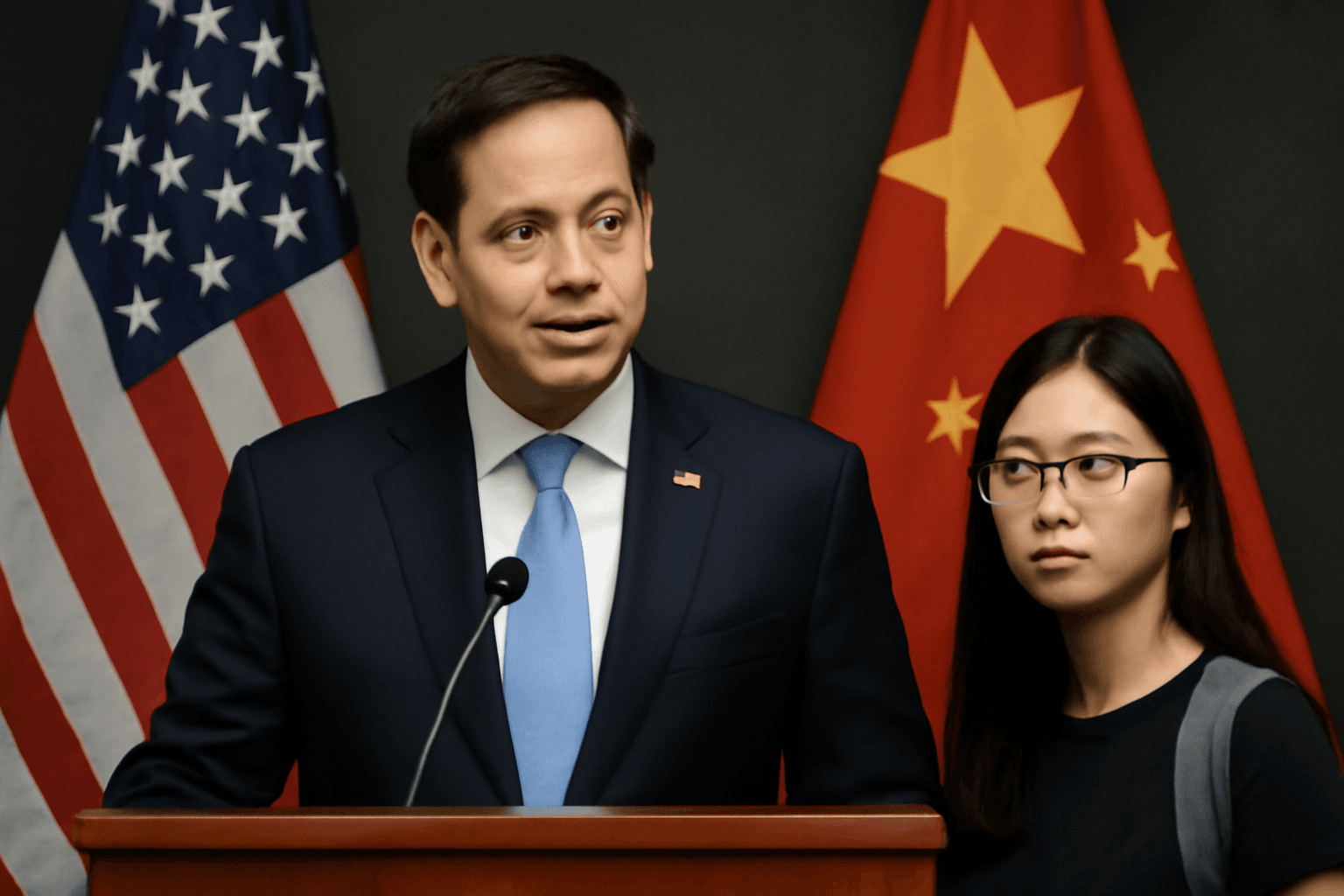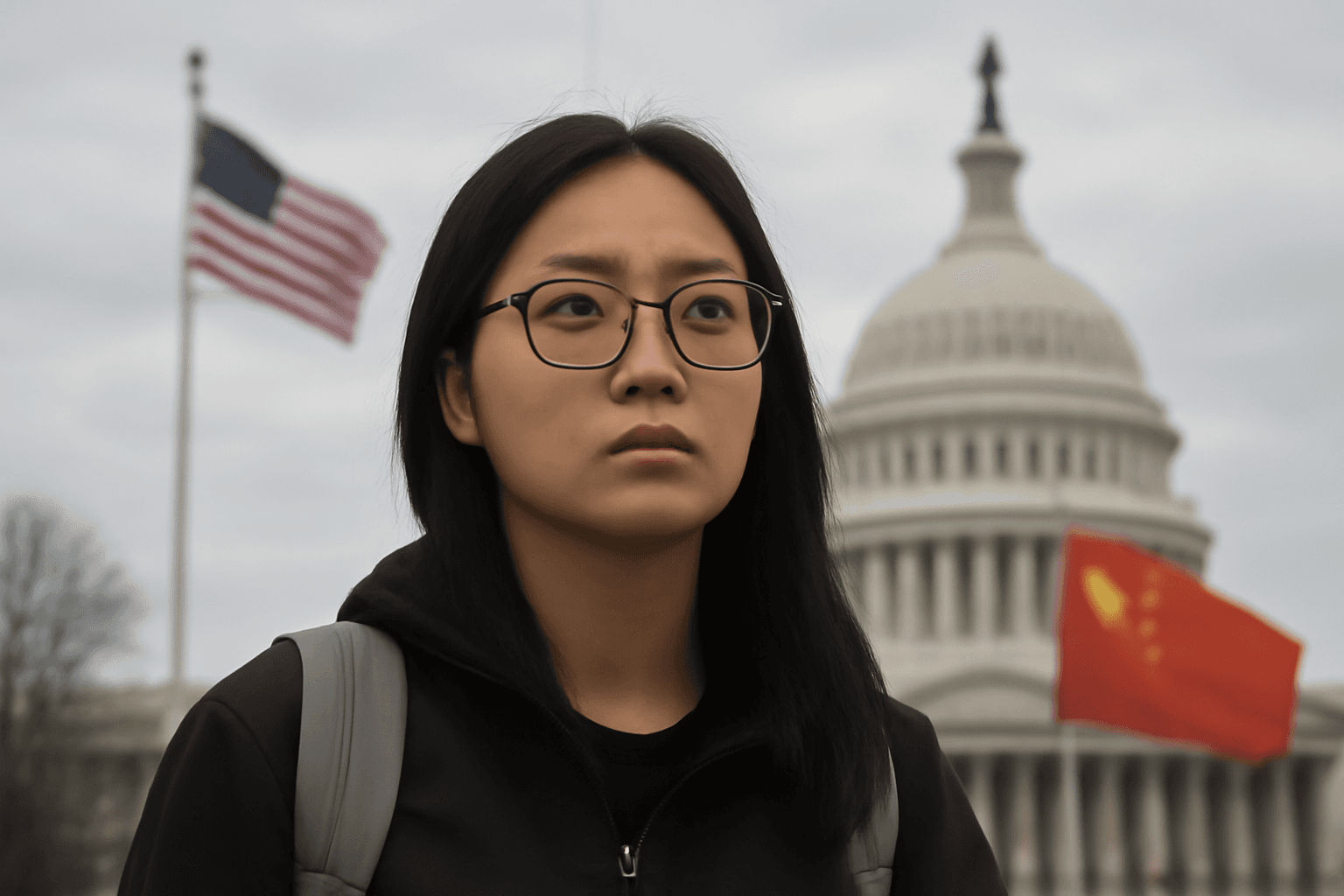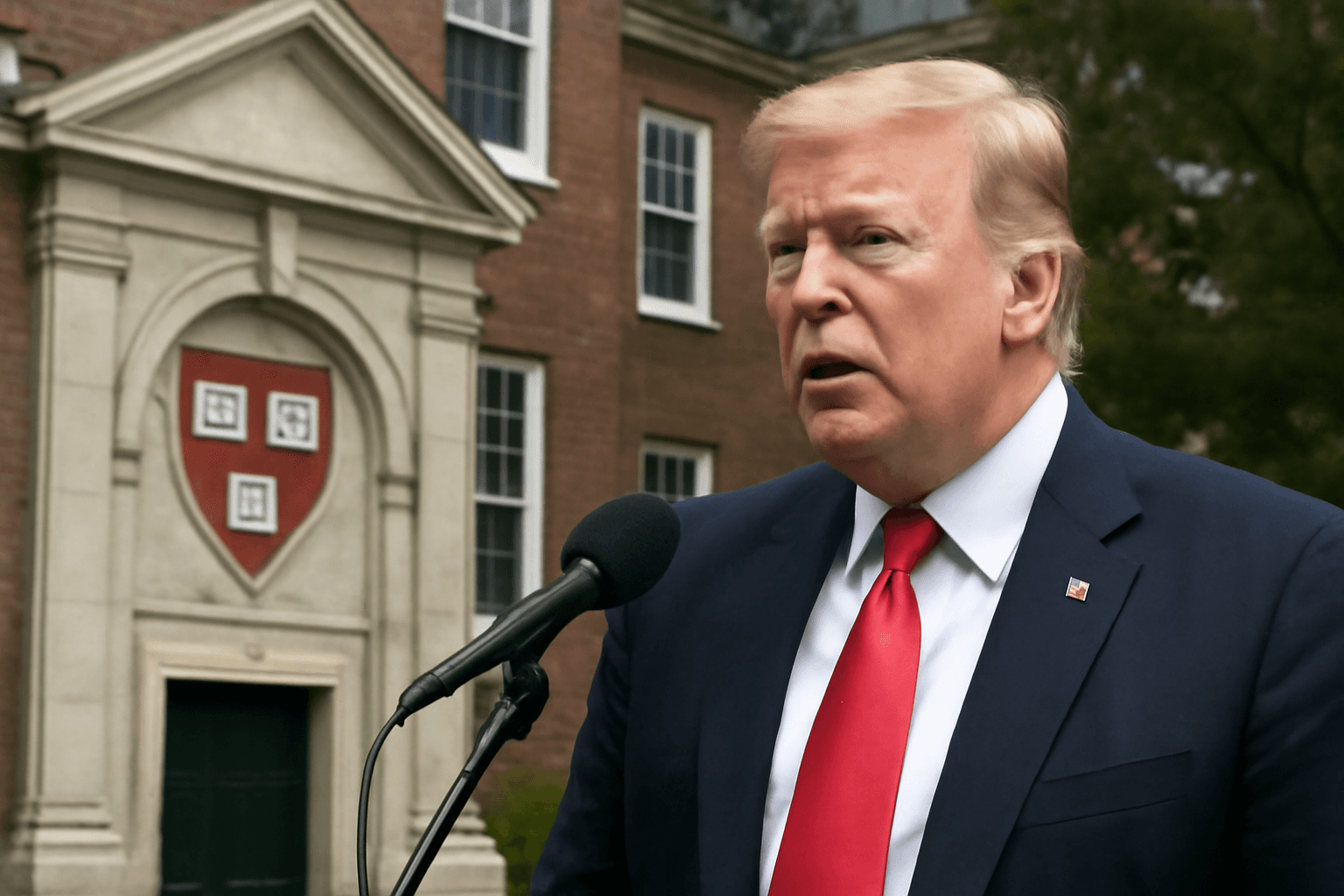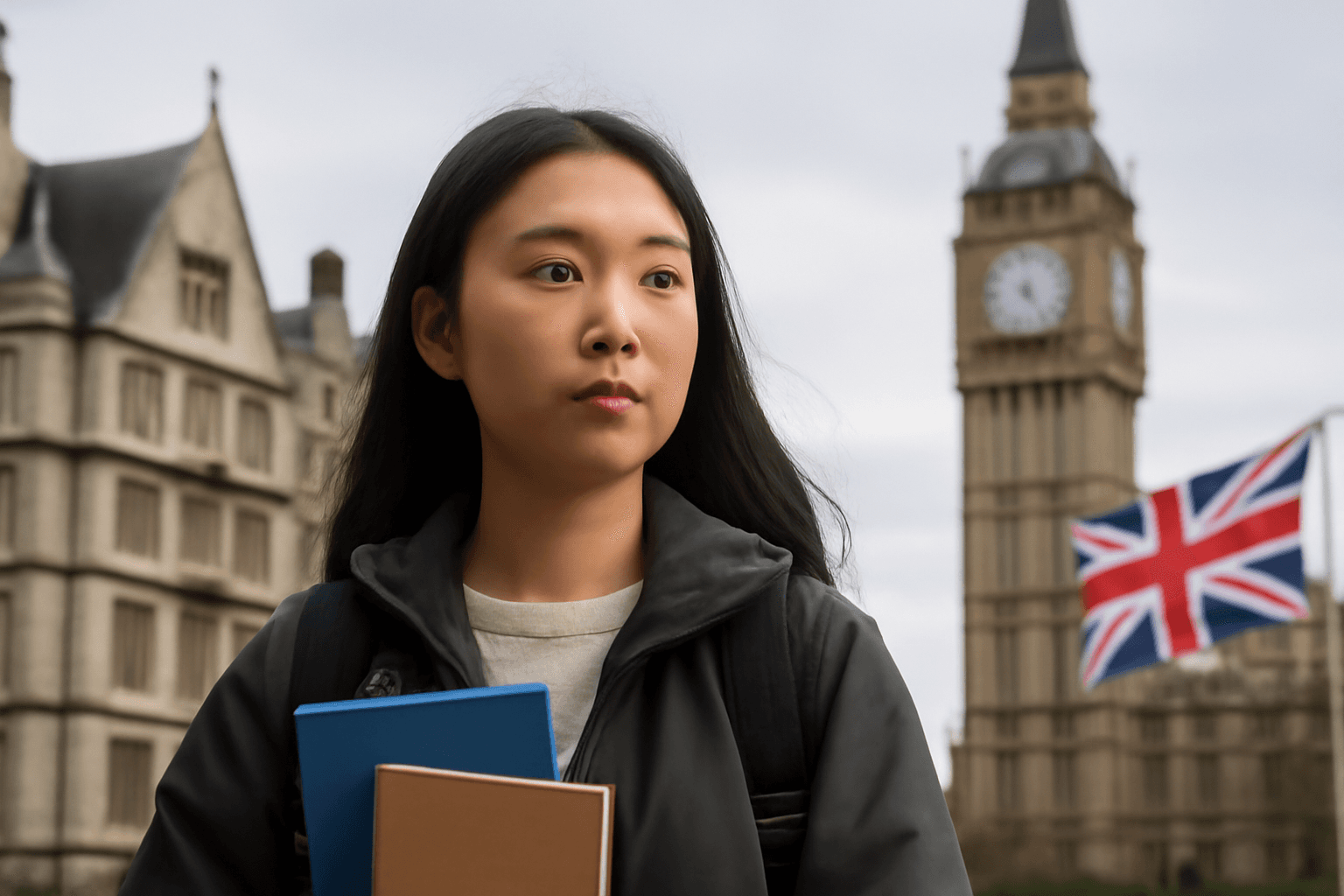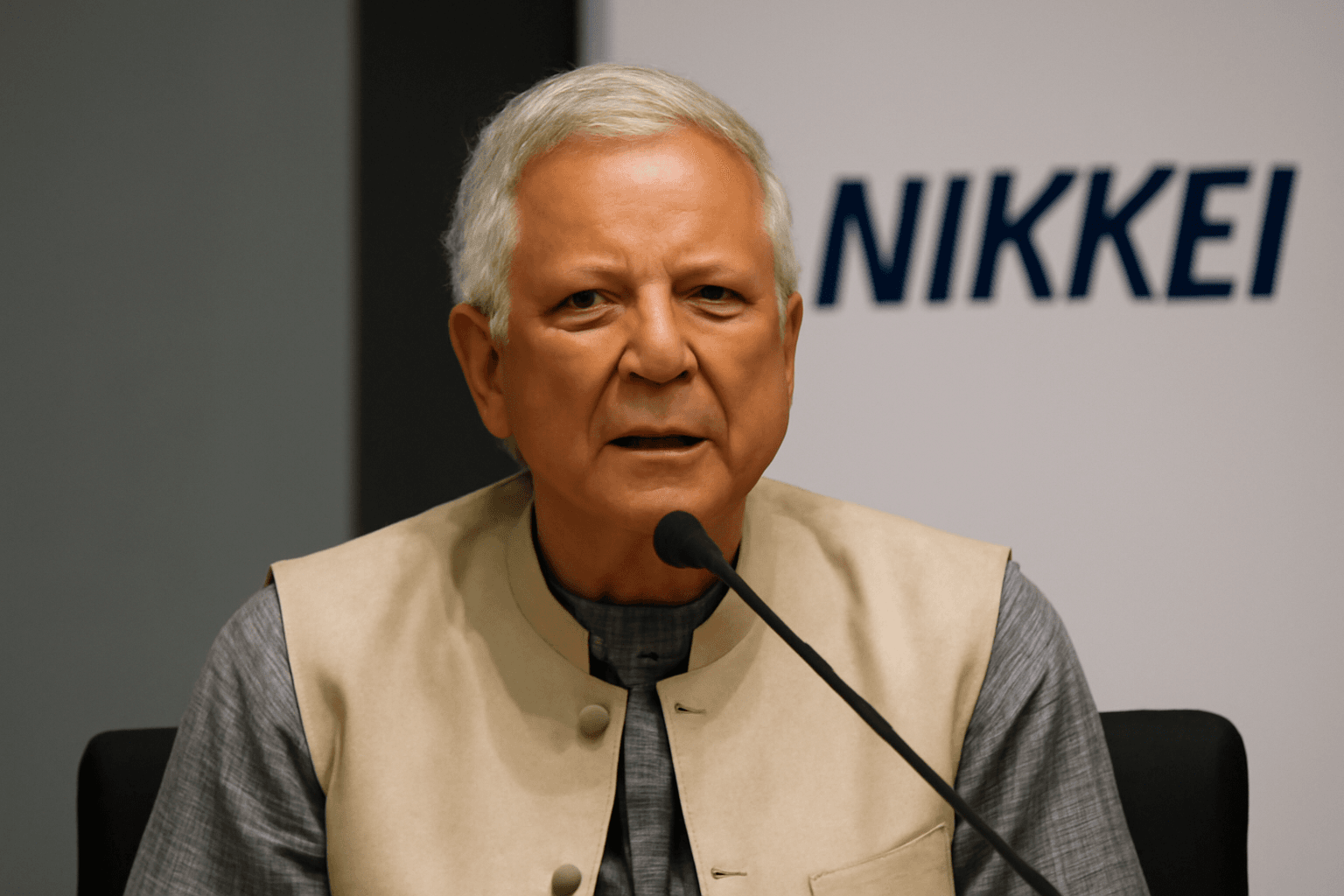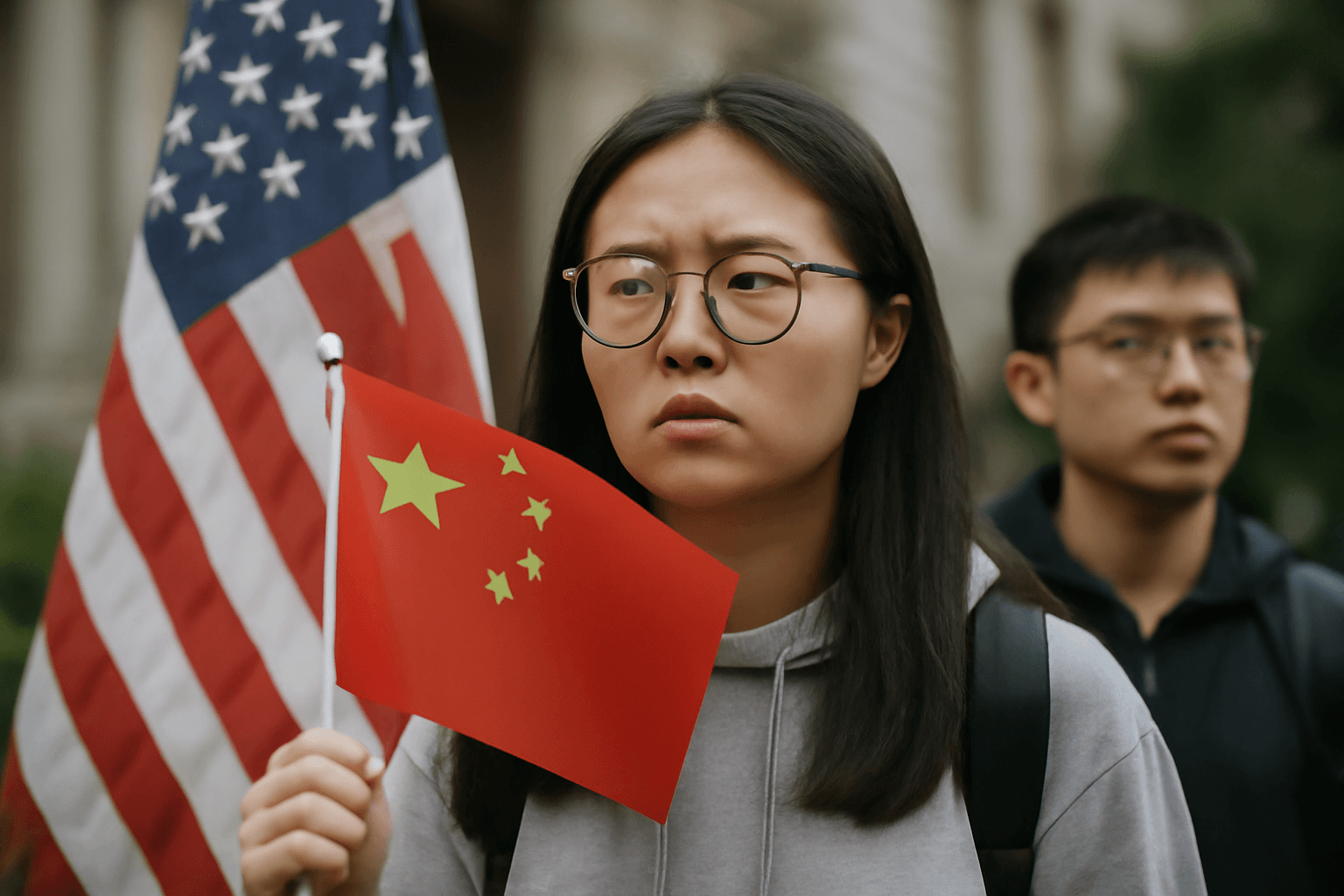The recent announcement by the United States to intensify visa restrictions on Chinese students has sparked widespread concern among those aspiring to study in American universities. With approximately 277,000 Chinese students currently enrolled in the US, the decision threatens to significantly disrupt educational institutions’ revenues and the talent pipeline vital to US technology sectors.
Individuals like Chen, a 22-year-old from Chengdu with a postgraduate humanities offer at the University of North Carolina, expressed anxiety over delayed visa processes amidst these stricter policies. While Chen’s major is non-sensitive, uncertainty looms over her ability to commence studies by August, forcing her to consider deferral or alternatives such as the London School of Economics.
The directive, reportedly authorized by US Secretary of State Marco Rubio, includes a halt on scheduling new Chinese student visa appointments worldwide, pending enhanced security vetting, particularly the review of applicants’ social media profiles. This move has led to a surge in demand for remaining interview slots and heightened anxiety among applicants, as shared by Wu, a biology student offered admission at the University of Minnesota Duluth.
The State Department clarified that while previously scheduled visa interviews may continue, scheduling remains fluid as consular officials prioritize thorough evaluations to uphold national security standards. However, no specific timelines have been provided for resumption of appointment bookings or commencement of visa revocations.
This crackdown arrives during a critical phase of the international student application cycle, jeopardizing plans for the upcoming academic year. Students voiced frustration on social media platforms like RedNote, highlighting the abruptness and unfairness of the restrictions.
The Chinese government has officially condemned these measures, accusing the US of politically motivated discrimination under the guise of national security and warning that such actions tarnish America’s global reputation.
The tension unfolds amid broader US-China trade disputes, despite recent easing. International students from India and China collectively contributed over $50 billion to the US economy in 2023, underscoring the significant economic stakes involved.
Experts warn that curtailing access to top international talent undermines America's technological leadership and economic growth. Former US officials and academic analysts describe the restrictions as a self-defeating policy that signals a harsher era for Chinese international students in the US.

